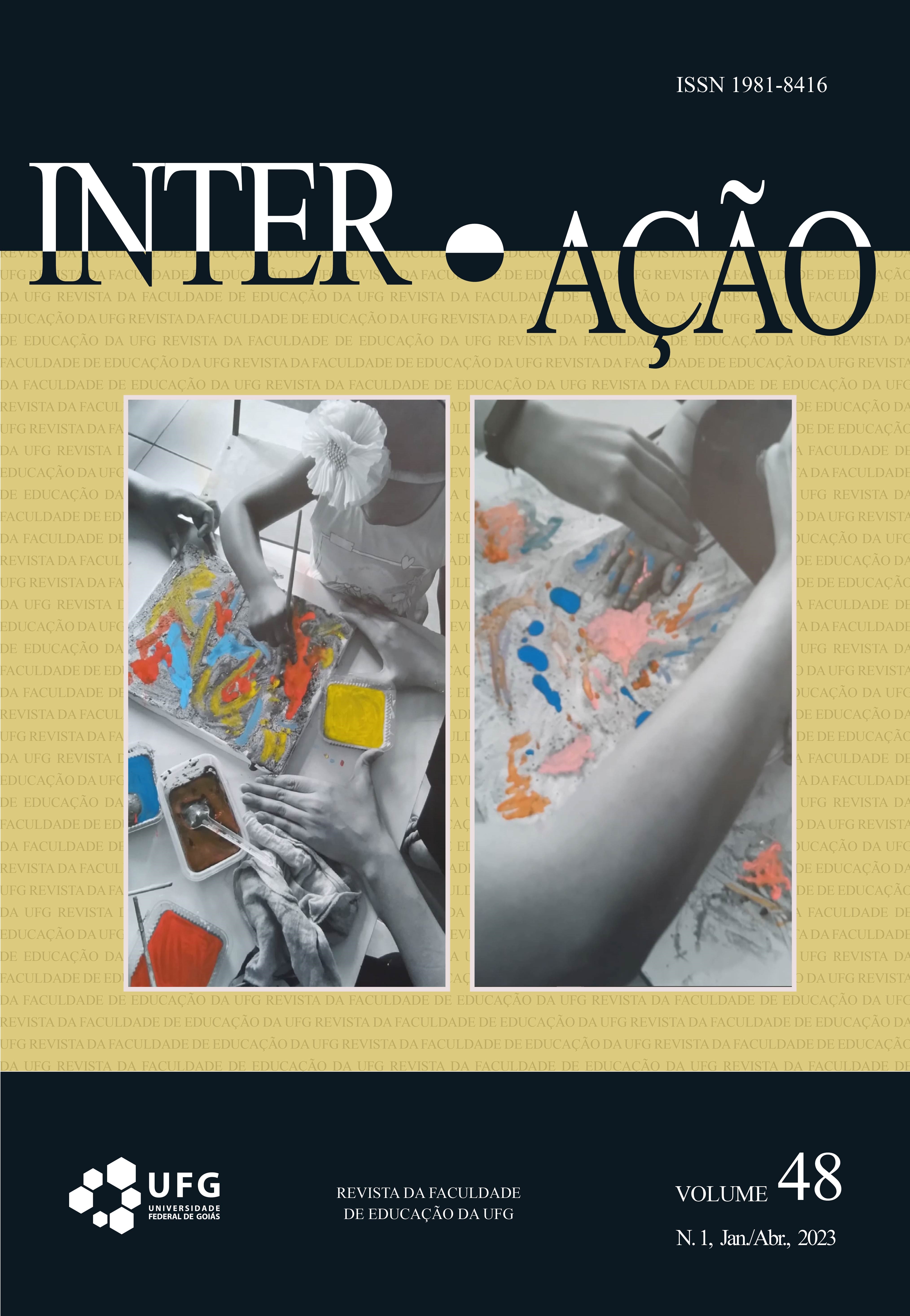THE TEACHING OF SOCIOLOGY UNDER THE NEOLIBERAL RATIONALITY: A STUDY OF THE FIRST IMPACTS OF THE “NEW HIGH SCHOOL” IN ANÁPOLIS
DOI:
https://doi.org/10.5216/ia.v48i1.74943Abstract
This article analyzes the first impacts of the implementation of the New High School on state schools in the city of Anápolis, with emphasis on the teaching of Sociology. The theoretical foundation is constituted by critical curriculum theories (especially by Pierre Bourdieu and Paulo Freire) and analyzes on the educational implications of neoliberalism (according to Christian Laval, Newton Duarte and Luiz Carlos de Freitas). The research involved qualitative analysis work carried out between January and November 2022, whose data were obtained through document analysis and semi-structured interviews with public school teachers. The results aim to understand the impacts on education, especially on the teaching of Sociology and the interests that the new model indicates.
KEYWORDS: New High School; Teaching of Sociology; Neoliberal School; BNCC.
Downloads
Published
How to Cite
Issue
Section
License
Copyright (c) 2023 Enrico Bueno, Thiago Macedo de Carvalho

This work is licensed under a Creative Commons Attribution-NonCommercial 4.0 International License.
Inter-Ação uses the Creative Commons Attribution 4.0 License for Open Access Journals (Open Archives Initiative - OAI) as the basis for the transfer of rights. Open access means making documents available on the Internet free of charge, so that users can read, download, copy, distribute, print, search, or link to the full text of documents, process them for indexing, use them as input data for software programs, or use them for any other lawful purpose, without financial, legal, or technical barriers.
Authors publishing in this journal agree to the following conditions:
1) Authors retain copyright and grant the journal the right of first publication, with the work simultaneously licensed under the Creative Commons Attribution License, which permits redistribution of the work with attribution and first publication in this journal.
2) Authors are permitted to enter into additional, separate agreements for non-exclusive distribution of the version of the work published in this journal (e.g., for publication in an institutional repository or as a book chapter), with attribution and first publication in this journal.
3) Authors are permitted and encouraged to publish and distribute their work online (e.g. in institutional repositories or on their home page) at any time before or during the editorial process, as this may generate productive changes as well as increase the impact and citation of the published work.















